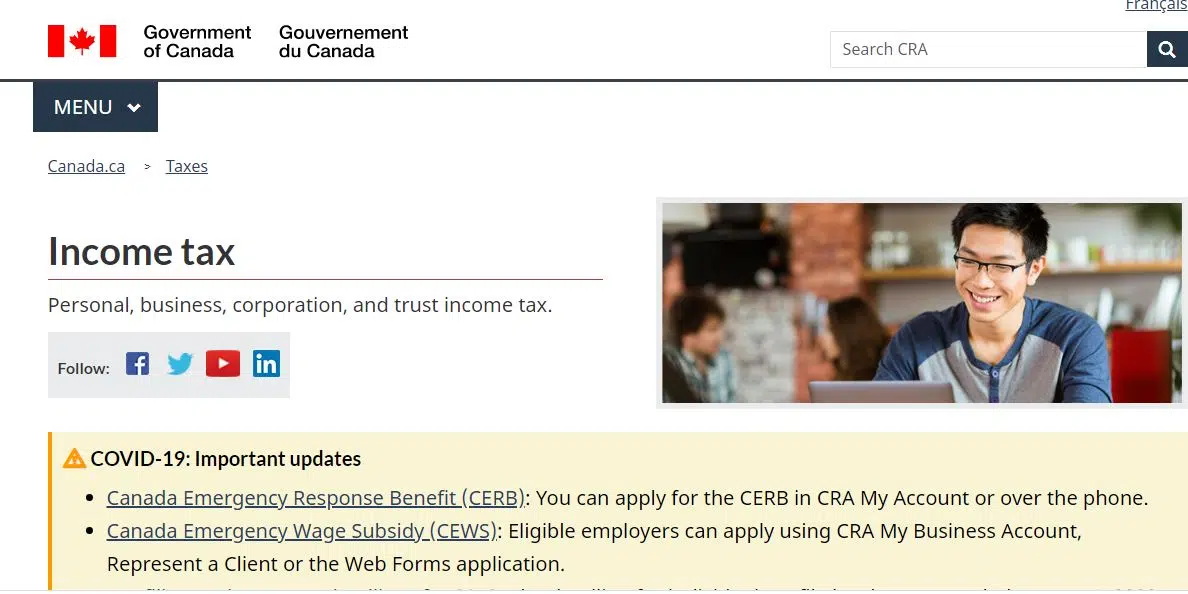Monday, May 4 will mark the first phase of the re-opening of a select few types of businesses and services in Saskatchewan, after nearly two months.
That also means, that some employees who were previously laid off, and recieving the CERB (Canadian Emergency Response Benefit) may be going back to work as well in the coming weeks.
Employers who have lost 15 per cent of their business in the first month, and 30 per cent or more of their business after that, can apply for a wage subsidy for employees up to a maximum of 75 per cent of the employees salary up to $58,700 or $847 per week.
The subsidy is expected to last about three months retroactive from March 15 to June 6.
So how can that affect employees? J & T Tax Services’ Jason Stupak says the employee going back to work can’t earn more than $1,000 per each CERB four week eligibility period.
“If they know they’re going back to work and they’re not entitled to the CERB, then they would be required to pay that amount back. There’s information on the CRA (Canada Revenue Agency) website stating where it should be sent back to and for which period it’s being returned to.”
He says it’s an incredibly confusing time for employers and employees.
“It’s been a moving target for what CRA has been doing with these various programs as they’ve been adapting them almost on a daily basis with different changes. So, definitely you would want to have someone knowledgeable to help you with the different changes they’ve been making to the program.”
If in doubt he says, dont’ spend the CERB so you know you have money to pay the government if necessary. That said, Stupak explains that even if that money is spent and the employee isn’t entitled to it, Revenue Canada will eventually find out.
“They do have all the payroll records, T-4 summary reports from employers so they’re going to know who got paid and who didn’t get paid for whatever particular period. There are ways to track it through SIN numbers and information from employers.”
It also means that some employees might not be as willing to go back to work as quickly as governments want them to, if they’re earning more on the CERB than they would be with reduced pay or hours – even if the CERB money is subject to taxation.
“I think the government just tried to do their best to implement the best program they could think of on an emergency measure to be able to help as many people as they possibly could.”











